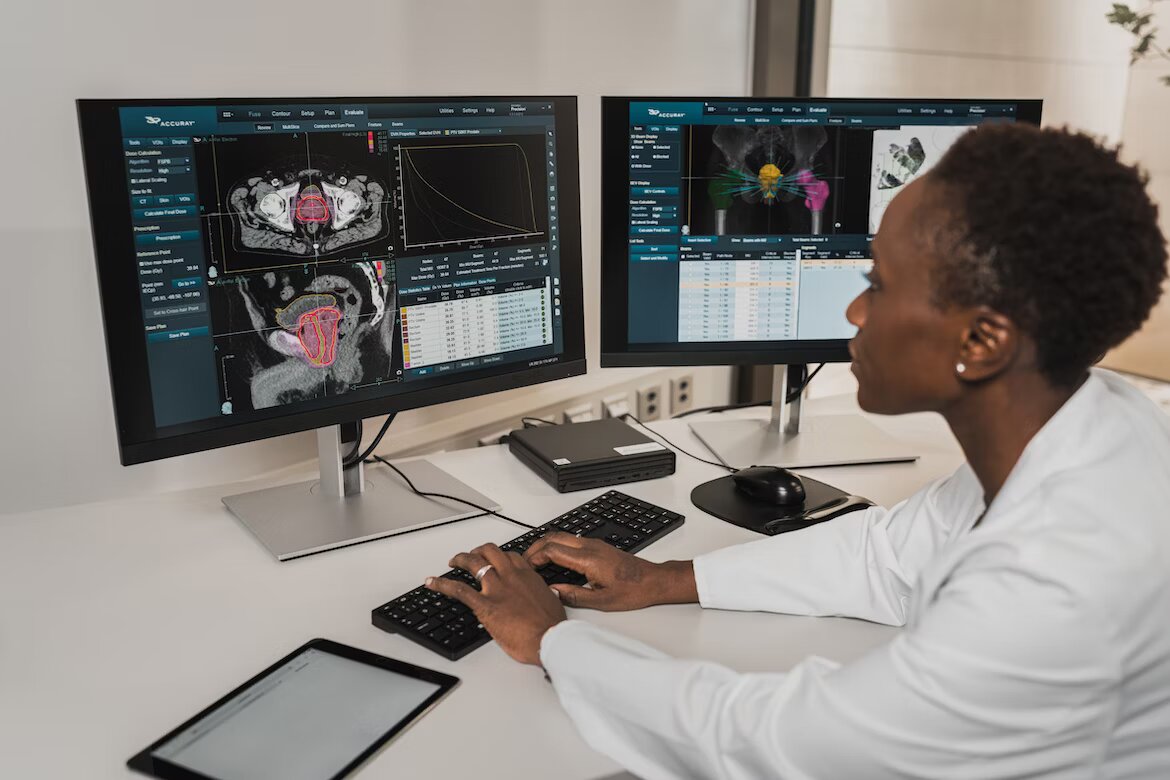As technology continues to evolve, the manufacturing industry is witnessing remarkable advancements in 3D printing, particularly in the context of plastic injection molding. This article explores how 3D printing is revolutionizing manufacturing applications for plastic injection mold companies. By leveraging the capabilities of 3D printing, these companies can enhance efficiency, improve product quality, and drive innovation in the field of medical plastics manufacturing.
The Rise of 3D Printing in the Manufacturing Industry
In recent years, 3D printing has gained significant traction in the manufacturing industry, offering unparalleled flexibility and speed in prototyping and production processes. Plastic injection mold companies are leveraging this technology to optimize their manufacturing operations, reduce costs, and shorten lead times. The ability to quickly produce complex designs with ease makes 3D printing a game-changer for manufacturers in the medical plastics industry.
Advancements in Materials for Medical Plastics Manufacturing
With 3D printing, plastic injection mold companies have access to a wide range of materials specifically developed for medical applications. From biocompatible resins to antimicrobial polymers, these materials offer superior performance and meet the stringent regulatory requirements of the healthcare industry. The ability to customize material properties and create intricate designs using 3D printing enables manufacturers to produce medical devices that are both safe and effective.
Improving Product Design and Prototyping with 3D Printing
One of the key benefits of 3D printing for plastic injection mold companies is its ability to revolutionize the product design and prototyping process. Traditional manufacturing methods often involve costly and time-consuming iterations. However, with 3D printing, manufacturers can quickly produce functional prototypes, test designs, and make necessary adjustments before moving forward with mass production. This accelerated design and prototyping cycle saves time, reduces costs, and ensures product quality.
Enhancing Manufacturing Efficiency and Flexibility
3D printing offers plastic injection mold companies a high level of manufacturing efficiency and flexibility. By utilizing 3D printing technologies, manufacturers can reduce the need for molds and tooling, which can be expensive and time-consuming to produce. This not only shortens the production cycle but also enables manufacturers to respond quickly to changing market demands, customize products, and manufacture in smaller batch sizes. The ability to produce complex geometries, such as lattice structures, allows for lightweight yet sturdy medical devices.
Driving Innovation in Medical Plastics Manufacturing
With the advent of 3D printing, plastic injection mold companies are at the forefront of driving innovation in the medical plastics industry. This technology enables manufacturers to explore new design possibilities, create patient-specific products, and develop personalized healthcare solutions. As 3D printing continues to advance, the potential for breakthroughs in custom medical implants, tissue engineering, and drug delivery systems becomes even more promising.
The advancements in 3D printing have brought about a paradigm shift in manufacturing applications, particularly for plastic injection mold companies in the medical plastics manufacturer. By embracing 3D printing technology, these companies can enhance efficiency, optimize product design and prototyping, improve manufacturing flexibility, and drive innovation in the field of medical plastics manufacturing. As this technology continues to evolve, plastic injection mold companies have unprecedented opportunities to revolutionize healthcare by producing customized, high-quality medical devices that meet the unique needs of patients and healthcare providers.
